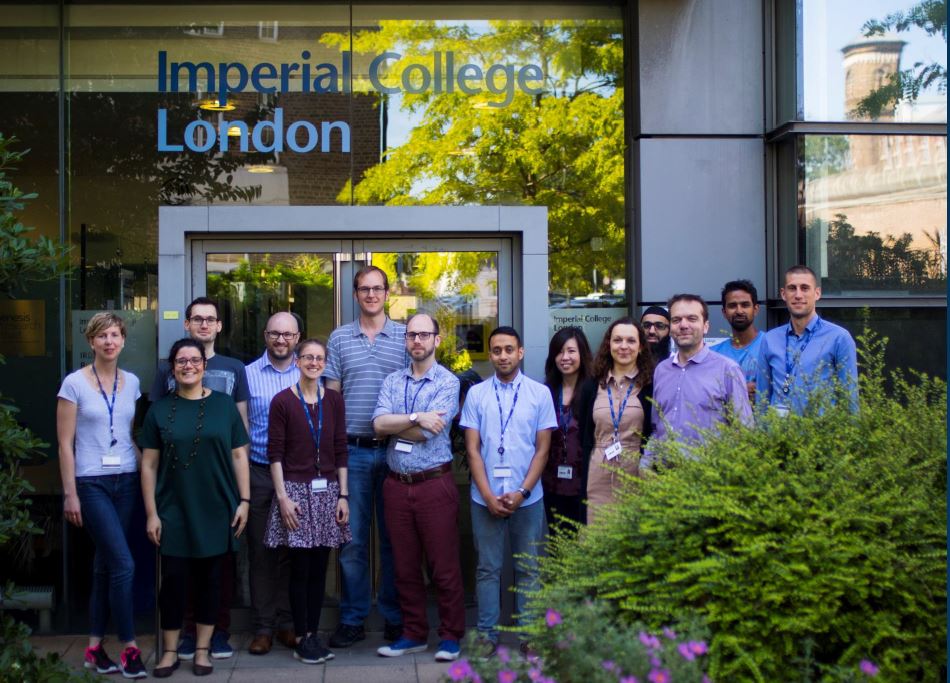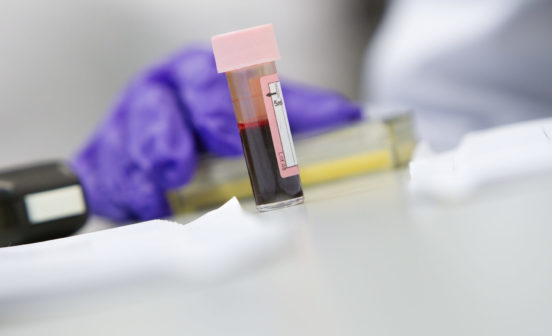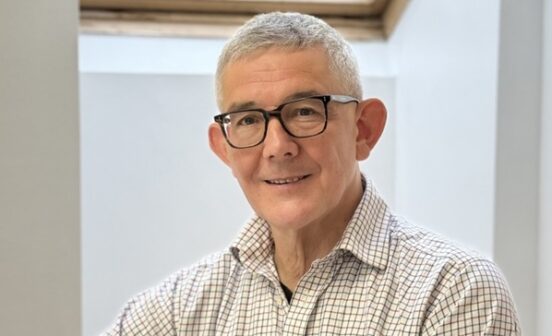EventPartnership Learning from patient experience to inform precision medicine research

‘Frontiers in Cystinuria Research’ was an event held last October at Imperial College London, following a successful Patient Experience Research Centre (PERC) award to researchers from the Molecular Phenomics BRC Theme. It involved people affected by cystinuria in discussions with expert medical professionals and academic researchers active in this area. The aim of the event was to capture some of these rich patient experiences to inform future precision medicine research, while simultaneously providing a forum for patients to share their insight. Will Kendall from PERC met Dr Toby Athersuch, Lecturer and researcher at the Imperial Phenome Centre, to find out more about the event and the lessons learnt.
What is Cystinuria?
Cysteine is an amino acid, which is a ‘building block’ of protein in the body. People affected by cystinuria (a rare, genetic condition) have difficulties transporting cysteine into the kidney, which results in the development of kidney stones. Cystinuria involves complex disease management (both lifelong and continual lifestyle changes) which means that there are many factors that can influence a patient’s quality of life.
Tell us more about the ‘Frontiers in Cystinuria Research’ event
The event was delivered by Imperial researchers (Dr Matthew Lewis, Mrs Kathy Lewis, Dr Toby Athersuch) as well as primary care healthcare professionals, and research experts in pharmaceutical development for improved management of cystinuria. To start the event, we delivered an introductory information session that outlined the current status of cystinuria research and disease management. The second session was a discussion forum that explored unmet need for people living with cystinuria. This provided an opportunity for attendees to voice their own views/opinions on the suitability of research tools that currently exist (as discussed in the first session) as well as an opportunity to reflect on how individuals manage their own diet and lifestyle, which are major contributors to their disease management.
Subsequent sessions focused on establishing attendees’ views on the suitability of currently used (largely generic) Quality-of-Life (QoL) questionnaires, specifically on how well patients felt they captured important aspects of their own lives that were influenced by management of their condition. Finally, the group discussed together aspects of clinical study design for metabolic phenotyping studies (analysing biofluids such as blood and urine to build up a detailed picture about their biochemical makeup, that complements genetic information). This included a discussion on biosample collections, and which would be most or least accepted and/or feasible.
What were you trying to achieve?
Our starting point for this public involvement activity was capturing and responding to the opinions of people affected by cystinuria to provide important additional context when assessing options for future directions our own research, centred on improved patient care through precision medicine. We anticipated that the event would lead to a more complete and patient-informed perspective to guide our research. We also hoped that it would provide greater insight to potentially unknown or underexplored health outcomes which require further research (e.g. drug side effects and/or people living with more than one chronic condition), as well as feedback on the design/feasibility of biosample collection methods.
What impact did the PPI have on the people involved?
The Imperial organising group were all encouraged – but not surprised – by the enthusiasm for the event among people affected by cystinuria. Several attendees travelled a long way to attend (South Coast / North England) on a day with poor weather conditions and major travel disruption. This reconfirmed, at least anecdotally, that people living with cystinuria and their carers are very keen to support efforts that can help treat/manage their condition.
The event clearly had an impact on the attendees; we received several messages of thanks and many attendees were keen to know of future public involvement or research activities in which they could participate.
One common theme from the comments on the day was that attendees were glad to have an opportunity to meet with others living with cystinuria, and have the opportunity to openly discuss their own experiences and disease management. The rarity of the disease means that few people affected by cystinuria (outside of London particularly) have any organised support group networks and medical advice is often inadequate. The event raised some key points such as:
- Awareness of key scientific/clinical aspects of the disease and participation in discussion were both high among our group of volunteers.
- Cystinuria is a specific condition with specific challenges – current generic Quality of Life questionnaires not well suited for evaluation of the rare, genetic condition. For example, people living with cystinuria need to drink considerable volumes of liquid each day, which results in frequent toilet breaks. These are aspects not well covered by the existing tools.
- People living with cystinuria want more frequent feedback about their chronic disease and knowledge of the effectiveness of their treatments (medications or lifestyle changes).
- People living with cystinuria are willing to undergo and follow complex and invasive sample collection procedures if they clearly understand why and how these samples will contribute to research.
- Following the rich conversations which took place at this event we realised the need for a follow-up questionnaire that would appropriately address and capture patient perspectives on designing new studies and an improving Quality of Life questionnaires currently used in cystinuria studies.
So, what’s next?
The group largely agreed that a survey to capture more detail on specific aspects of patient feedback would be welcome. This action will be taken up during 2019-2020 and will feed directly into plans for specific patient research activities on Quality of Life metrics. Based on this input, we will review the need to revise generic Quality of Life surveys used for people living with cystinuria. We will also consider the feasibility of a future research event to undertake a thematic analysis of patient feedback/discussion to help design improved survey instruments for people living with cystinuria.
Given the enthusiasm shown by people affected by cystinuria from far outside London, we discussed the possibility of holding additional public involvement events in other regions (potentially to coincide with other patient day events). This is in order to broaden the reach of the views captured as these will be likely to be different depending on patients’ proximity to key cystinuria-relevant resources/clinicians and to expand on the London-centric nature of our approach to date.
You can read the full interview here.


